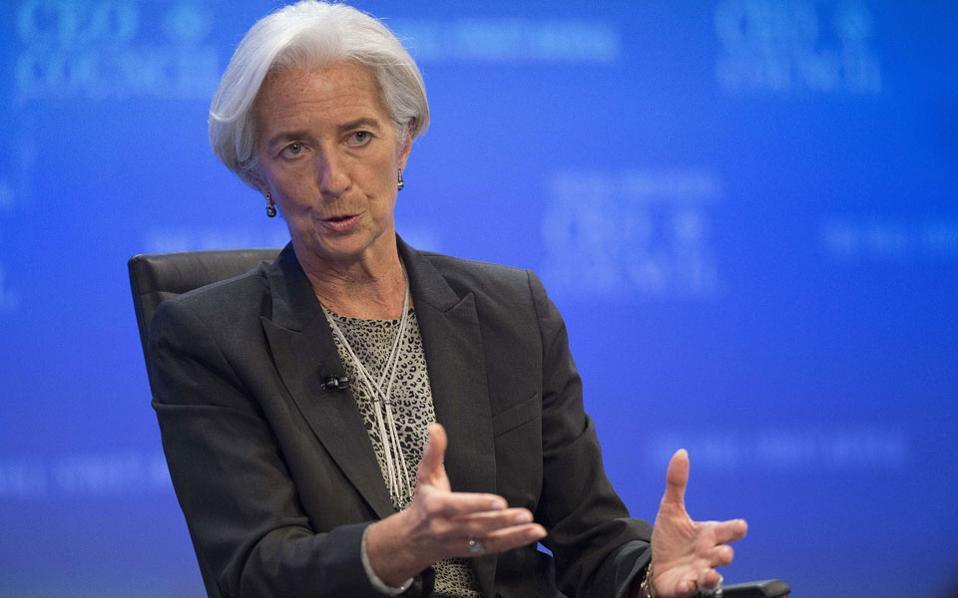
As Greece prepares to exit the program era and Tsipras has celebrated his debt deal with creditors, IMF has issued a statement saying although Greece has come a long way, it still faces many challenges.
“Greece has come a long way, but still faces many challenges. Greece will exit the program era having largely eliminated macroeconomic imbalances. Some important reforms have been implemented, growth has returned, unemployment is declining (though still very high), and the recently agreed debt relief package will secure medium-term sustainability. But significant crisis legacies and an unfinished reform agenda still hamper faster growth, while membership in the currency union and high primary surplus targets limit policy options. Boosting growth and living standards will therefore depend on improving the fiscal policy mix, repairing financial sector balance sheets, further liberalizing product and labor markets, and strengthening public sector efficiency and governance,” reads the statement.
IMF took part in the two first bailouts of 240 billion euros ($280.88 billion) that began in 2010 but not a third in 2015 for 86 billion euros ($100.65 billion) provided by the Troika of the European Union-European Central Bank-European Stability Mechanism (EU-ECB-ESM) that struck a deal to give Greece a longer time to repay and lower interest rates.
The bailouts end on August 20 and Greece will be at the mercy of the markets with two test bond sales of 3 billion euros ($3.51 billion) going at interest rates more than three times the bailouts before the rates were agreed to be reduced, showing it will be costly to get investors.
Greece’s debt currently stands at about 180 percent of its GDP which Tsipras and the lenders agreed was unsustainable but he was unable to move them on granting a so-called “haircut” to write off as much as one-third of what Greece owes, some 108 billion euros ($126. 4 billion).
The IMF said the debt relief deal appeared based on “very ambitious assumptions” about economic growth and the ability to run large primary surpluses, adding it could be difficult for Greece to remain financially independent without further debt relief.
The IMF also stressed the need to protect the independence of the country’s statistical authority and to improve the effectiveness of the judiciary.

